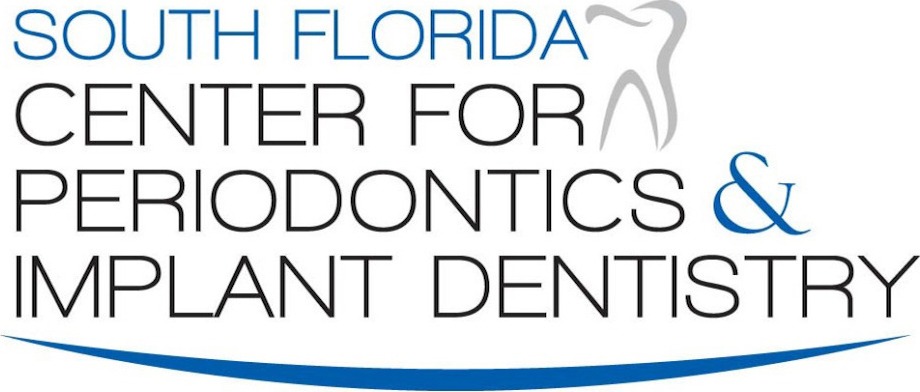Pregnancy Gingivitis
August 5th, 2024
According to the Centers for Disease Control and Prevention, about 60-75% of pregnant women will show signs of gingivitis, the earliest stage of gum disease.
It’s thought that gingivitis, periodontitis and decay are aggravated because of increased hormone levels during pregnancy. Symptoms of pregnancy gingivitis are the same as non-pregnancy gingivitis but may be more dramatic and can include:
- Swollen, red gums,
- Bleeding when brushing or flossing
- Bad breath
- Sensitive or painful teeth
- Receding gums
Practicing Good Oral Hygiene
Pregnancy gingivitis is usually treatable and reversible, with improved at-home oral hygiene and regular cleaning visits with your dental professionals.
If left untreated, pregnancy gingivitis can lead to more aggressive bone loss (periodontal disease). Prevention of gum disease is the best strategy to avoid the complications of pregnancy gingivitis or periodontitis. Seeing your dental hygienist and taking care of your teeth and gums when expecting is optimal.
Sometimes, despite the best preventative programs, dental problems occur anyway. When they do, there are relatively “safe” times to address them and relatively undesirable times to manage them. In general, the 3rd trimester is the best time to resolve dental problems, when compared to the 1st or 2nd trimester.
We always consult with your obstetrician when deciding how to proceed for an individual patient or problem.
Ignoring periodontal problems during pregnancy can lead to significant birth complications! There is pretty clear evidence that untreated periodontal disease is associated with premature births and underweight babies. You should share this information with women who are pregnant! There is also pretty clear evidence that treating periodontal disease, even during pregnancy, can reduce the risk of birth complications.
Our goal is to help our patients keep their natural teeth for a lifetime. If we can also contribute to a reduction in birth complications, that is a bonus! Tips to reduce risk for birth complications due to periodontal conditions include:
- Get regular checkups before and during pregnancy
- Rinse your mouth with plain water after experiencing morning sickness to help prevent stomach acid from hurting your teeth
- Brush twice daily. If morning sickness means you’re too nauseated to brush first thing in the morning – brush later as soon as you can!
- Limit sweets. Eating nutritious foods will also help ensure that you and your growing baby receive healthy nutrients
- Don’t smoke. It’s bad for you and increases your risk for poor birth outcomes
Visit your general dentist and/or call our office to schedule a full teeth and gums examination from one of our experts.
Don’t put off dental treatment just because you are pregnant. If you have a problem, it should be assessed and managed appropriately to avoid complications. Remember, you don’t require a referral from your dentist to see us!
